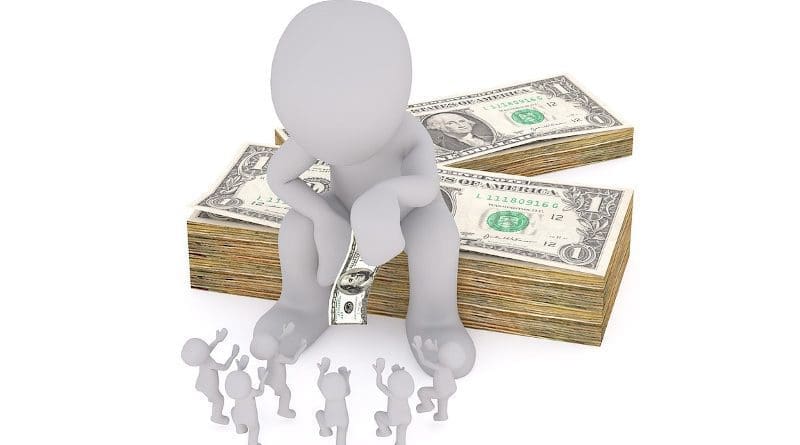Government Interventions And The Cobra Effect (Part II) – OpEd
Unsound money, unsound society
Of course, one of the most important and consequential parts of the incredibly complex organism that is the economy is money itself. It is its lifeblood and as the song goes, “it makes the world go round”. Therefore, manipulating the currency itself is one the most dangerous and hubristic things a central planner can do, which probably explains why it’s their favorite pastime. Ever since the gold standard was officially abandoned, the floodgates opened and governments and their central bankers had a field day. They’ve tried all kinds of schemes and strategies to render money just another tool in the hands of whomever happens to be in power at the time: they tried diluting it, printing tons more of it on a whim, assigning arbitrary and imaginary value to it, restricting its free use and punishing its accumulation. (Click here for Part I)
Students of monetary history know well that is no shortage of examples clearly demonstrating how all these efforts backfired and how short-sighted and self-defeating these policy initiatives have been. Most recently, we saw this play out over the last decade, with the wide adoption of QE and ultra low interest rates. These extreme measures were supposed to “save the economy” and the political justification for them, as it always is, was focused on “helping those most in need”. A decade later, we can plainly see what these policies actually delivered and it certainly wasn’t what was promised.
They created and inflated an unprecedented asset bubble, with stock prices of worthless companies at record highs. They incentivized large corporations to go on acquisition sprees with borrowed money, snuffing out smaller competitors, and to engage in reckless stock buybacks, artificially inflating their own “value”. They penalized responsible savers, pensioners and long-term, prudent investors, and they instead rewarded mindless speculation, excessive borrowing and senseless risk-taking.
However, most importantly, these policies also had a devastating, long-term and truly deleterious impact on society itself. They widened the inequality gap, one of the most severe problems of our time and one that can trigger much deeper crises, as we well know from history. As the “haves” profited, seemingly endlessly, from the inflated asset prices, the “have-nots”, the average worker and those with no access to the markets, saw that next step on the ladder get further and further away from them. The gap between the two groups in society widened and for those stuck on the wrong side, crossing over to where the grass is greener eventually became all but impossible.
Soon enough, as the money printing went on and accelerated, it wasn’t only “red-hot” stocks they couldn’t afford, but houses too. By now, “those most in need” that the central planners promised to save, can’t afford a new car, or used one, for that matter. They also can’t afford to heat their homes, as electricity and fuel prices are skyrocketing. Buying basic, everyday necessities is becoming an increasingly heavy burden on the finances of countless low income households and even food and essential groceries are straining many budgets.
Instead of directing their anger at the people who were actually responsible for this situation, those that feel cheated and clearly see that the game is rigged, many turn their ire against their fellow citizens. The politicians and the central bankers of course fan these flames with toxic and divisive rhetoric, as they see an opportunity to deflect blame and avoid accountability. Therefore, as these financial pressures continue to build up, the danger increases drastically that the way the tension will be released might create a permanent and irreversible tear in the social fabric.

